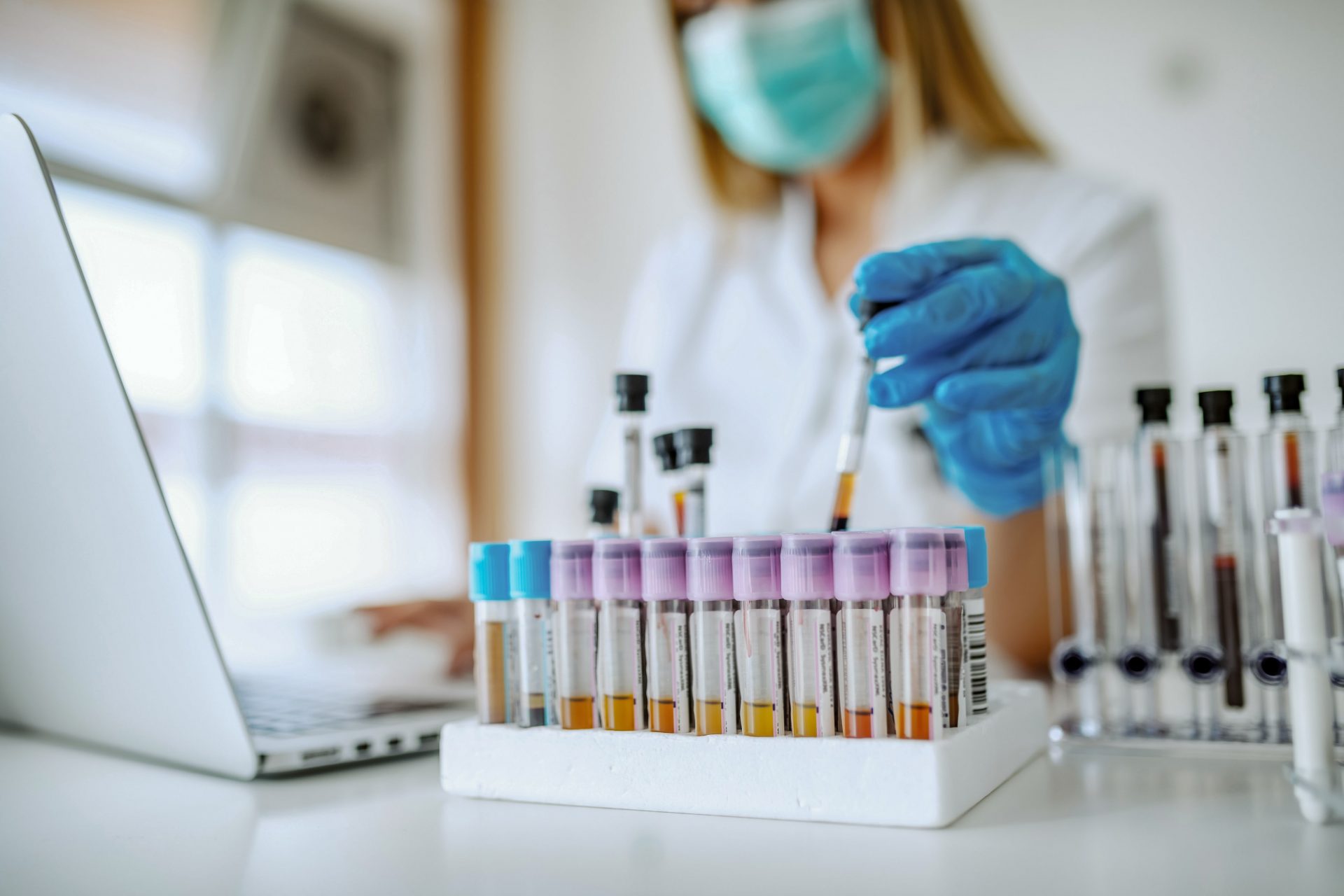Genesis Cancer and Blood Institute is deeply committed to the science of medicine through clinical trials and research. Patients have immediate access to investigational treatment and supportive medications throughout clinical trial offerings. Our physicians are recognized, not only nationally, but internationally as some of the top investigators in treatment trials for lung, breast, prostate and pancreatic cancer, and supportive trials for the control of nausea and anemia during treatment.
Our research program at Genesis Cancer and Blood Institute provides access to the latest clinical trial options to people facing cancer and is part of an expansive research network with the goals of advancing therapies for patients and transforming cancer care within the community, where the majority of people seek cancer treatment
Clinical Research
Clinical trials are used to test the safety and effectiveness of drugs and medical procedures in a human population. This ongoing collaboration between physician investigators and study volunteers is one of the foundations of modern healthcare, as clinical trials help set the standards for patient care.
There are potential benefits for clinical trial volunteers. Volunteers with existing diseases or conditions can play a more active role in their own healthcare, gain access to new research treatments before they are widely available and help others by contributing to medical research.
What Are the Phases of Clinical Trials?
Most clinical research that involves the testing of a new drug progresses in an orderly series of steps called phases. This allows researchers to ask and answer questions in a way that results in reliable information about the drug and protects the patients. Most clinical trials are classified into one of three phases:
Phase I trials: These first studies in people evaluate how a new drug should be given (by mouth, injected into the blood, or injected into the muscle), how often and what dose is safe. A phase I trial usually enrolls only a small number of patients, sometimes as few as a dozen.
Phase II trials: A phase II trial continues to test the safety of the drug and begins to evaluate how well the new drug works. Phase II studies usually focus on a particular type of cancer.
Phase III trials: These studies test a new drug, a new combination of drugs, or a new surgical procedure in comparison to the current standard. A participant will usually be assigned to the standard group or the new group at random (called randomization). Phase III trials often enroll large numbers of people and may be conducted at many doctors’ offices, clinics and cancer centers nationwide.
After a treatment has been approved and is being marketed, the drug manufacturer may study it further in a phase IV trial. The purpose of phase IV trials is to evaluate the side effects, risks and benefits of a drug over a longer period of time and in a larger number of people than in phase III clinical trials. Thousands of people are involved in a phase IV trial.
Ensuring Clinical Trial Safety
Every clinical trial in the United States must be approved and monitored by an Institutional Review Board (IRB). An IRB is an independent committee of physicians, statisticians, community advocates and others whose objective is to ensure that a clinical trial is ethical and the rights of study participants are protected. An IRB generally includes physicians, nurses, bioethicists, attorneys, social workers and general lay people.
An IRB reviews the proposed clinical trial protocol to ascertain that the risks involved in participating in a trial are significantly outweighed by the potential benefits. Federal law stipulates that all institutions that conduct or support biomedical research involving people must have an IRB that initially approves and periodically reviews the research projects.
Federal regulations and policies protect subjects in clinical research protocols, ensuring that their safety is given the highest priority. These regulations complement the policies of academic institutions that host the general clinical research centers (GCRCs).
Research should not be considered a last resort as specific clinical trials are often available for a variety of cancers. Please ask your physician if there is a clinical trial available for you. If so, a clinical research professional may spend time discussing research participation with you. Participation in research is always voluntary.
